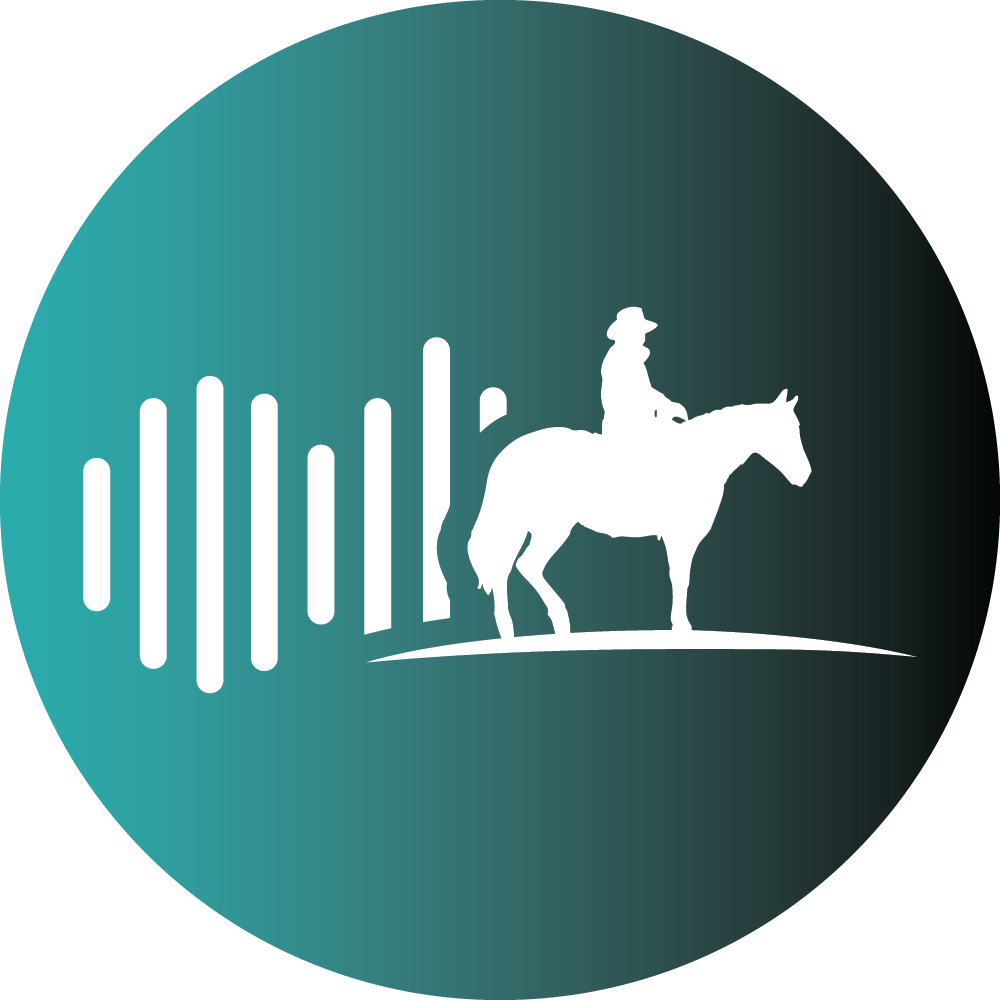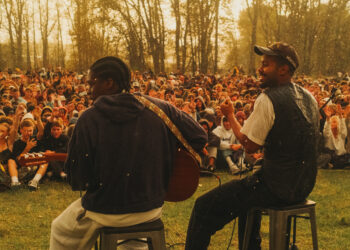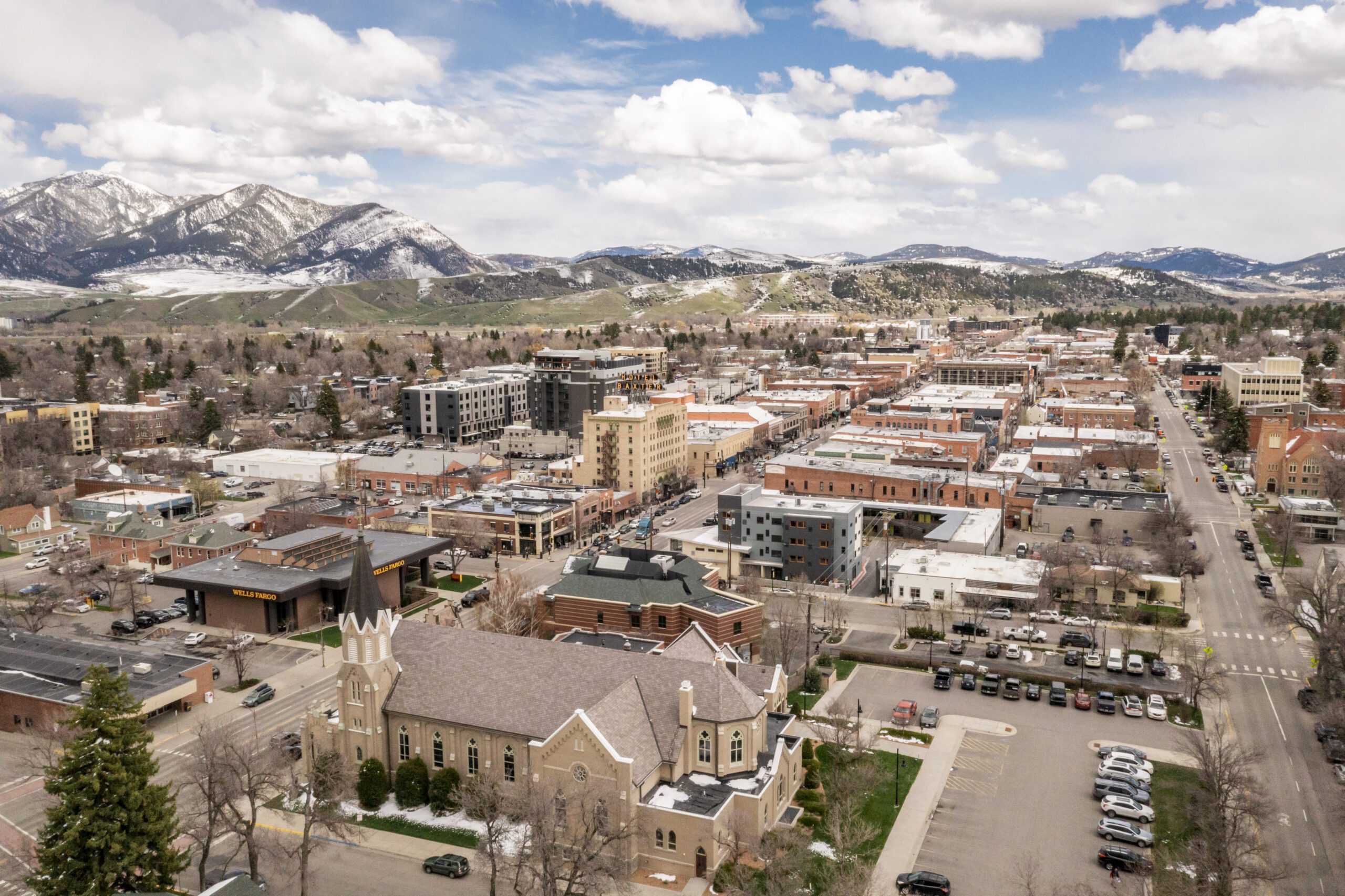
By Todd Wilkinson EBS Environmental Columnist
On the high plains of the American West where four or five generations of land tenure is invoked to claim greater credibility and social standing over the opinions of newcomers, Lois Red Elk-Reed remains unassuming even in the irony of it all.
Red Elk-Reed has several published volumes of critically-acclaimed poetry and children’s stories to her credit, a few Hollywood film roles and an adjunct professorship, but it was never her intent to assemble a curriculum vita she thought would impress others.
What she’s valued most is doing right by the heritage and dignity of her elders.
Red Elk-Reed is indigenous and she spells it with a capital “I.” “Being Indigenous has to do with blood and language. Your blood is your birthright and your language guides you. Indigenous blood carries genetics, memory, ghost and spirit,” she once explained.
“The Indigenous language is the same language as the universe, Earth, everything that grows on the Earth and all animals,” she says. “Language encodes our ceremonies. It is sacred. To be Indigenous is a lifetime experience and one has to be responsible to their life. One cannot drop in and out of their Indigenous life anytime they wish. Neither can the language be used and misused for convenience or be exploited.”
Based upon the convention of modern geography, Red Elk-Reed could be described as a Western woman, but that isn’t how she first identifies. She is Lakota/Dakota and it’s a nation older than any of the 200 countries that belong to the UN.
“Makoce” pertains to a special Lakota/Dakota region, and there is no English equivalent, she notes. “Makoce” comes from the Dakota word for Earth—maka. “The name refers to the land as mother, family, all that is in the world, and the interdependency of all living things,” she says. “I find that in the Lakota/Dakota culture and language there are solutions to every problem we may have in our lives.”
As a self-described “organic poet,” Red Elk-Reed’s ties to North America do not emanate from a written text. Across hundreds and hundreds of generations, the knowledge she’s inherited has come to her though spoken words—the essentials encoded in stories dating to when the first people walked the continent.
Behind the scenes, from her home in Fort Peck, Montana, Red Elk-Reed has been tirelessly devoted to preserving her culture, making traditional quill and beadwork, being a traditional dancer, practicing botany as it was taught to her by her grandmother, and teaching the dialect of Nakota at the local high school and introductory Dakota at the Fort Peck Community College.
Red Elk-Reed’s influence, however, has extended far beyond Fort Peck. Quite literally, it has shaped the way native people are portrayed to millions who consume mass media for information and entertainment.
In her 20s, she headed to Los Angeles to help her sister with child rearing and then realized the dream that many have of being “discovered” by Hollywood.
In a profile appearing in Sovereign Bodies, poet Tiffany Midge offered this description of Red Elk-Reed: “During her earlier years living in Los Angeles, she was a TV talk show host, an FM radio host at Pasadena City College and a technical advisor for many Hollywood film productions. She has been a member of the Screen Actors Guild and the American Federation of Television and Radio Artists for 40 years while working for all the major networks and Hollywood studios in film and television. She has worked as a freelance writer for her tribe’s Native newspaper and authored a weekly column titled ‘Raised Dakota.’”
Notably, Red Elk-Reed had roles in the movies “Skins” and the film version of Mary Brave Bird’s moving memoir “Lakota Woman” that chronicles events that shaped the American Indian Movement during the 1970s. Red Elk-Reed credits Ted Turner and Jane Fonda for insisting that the latter got made by TNT.
Red Elk-Reed’s greatest impact during those years came when she served as a consultant advising Hollywood studios on the authenticity of how Native peoples were portrayed on television and in film—and whether those portrayals were factual or based upon fictional tropes. She knows, perhaps better than most, how Hollywood has perpetuated cowboy and Indian stereotypes that while embedded in American culture, are based upon gross distortions of reality.
What advice does she have for young people? “Students need to think outside the box, question most of what is taught, choose their experiences wisely, and remember the wonder and excitement of life they knew as a child and be happy.”
Todd Wilkinson has been writing his award-winning column, The New West, for nearly 30 years. Living in Bozeman, he is author of “Grizzlies of Pilgrim Creek” about famous Greater Yellowstone grizzly bear 399 featuring 150 photographs by Tom Mangelsen, available only at mangelsen.com/grizzly. His profile of Montana politician Max Baucus appears in the summer 2017 issue of Mountain Outlaw and is now on newsstands. He is founder of Mountain Journal (mountainjournal.org) devoted to exploring environmental issues in Greater Yellowstone.














